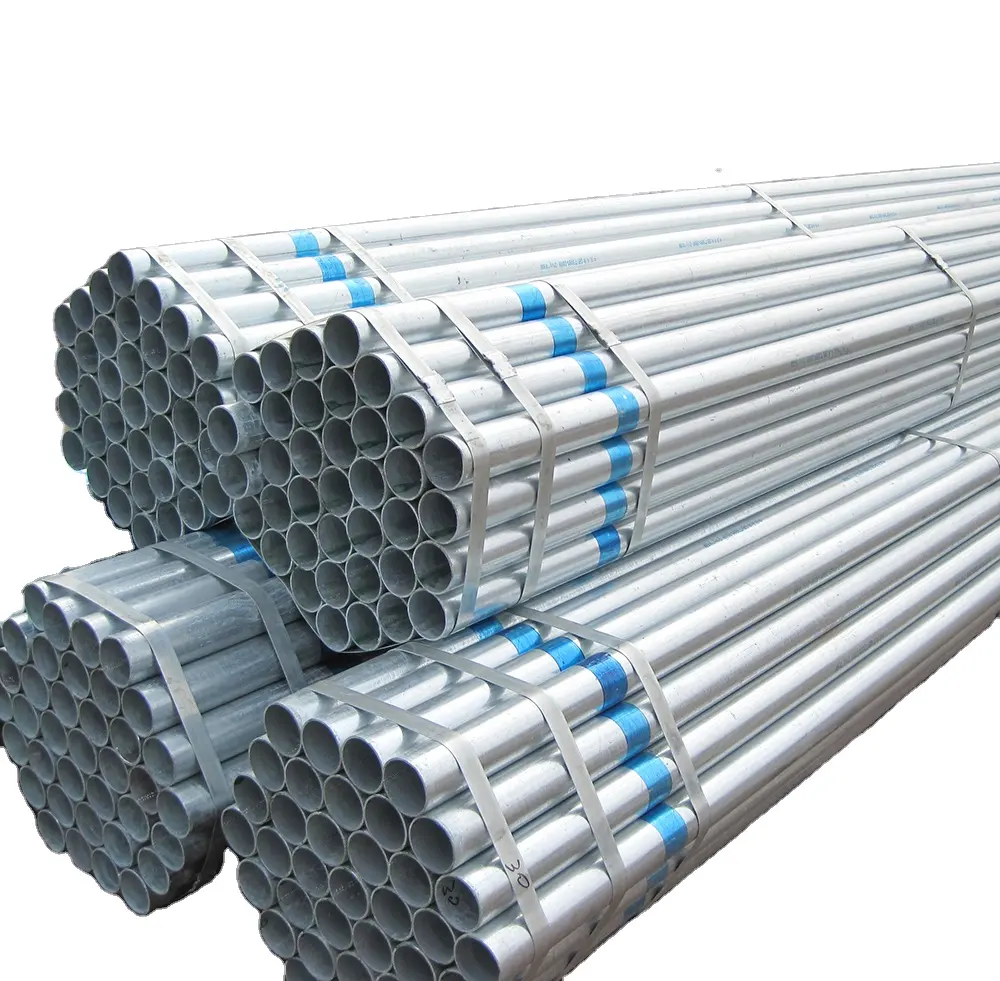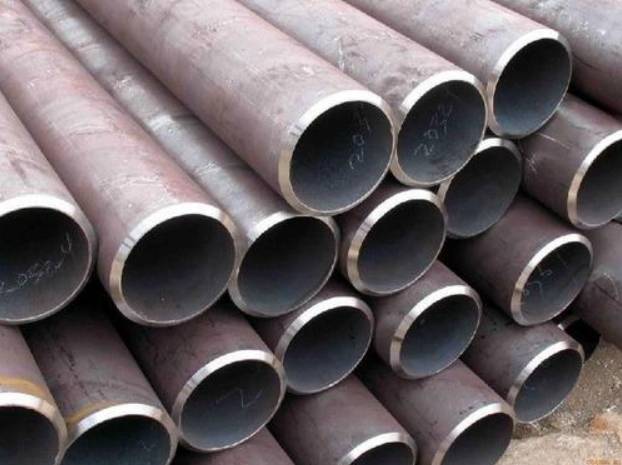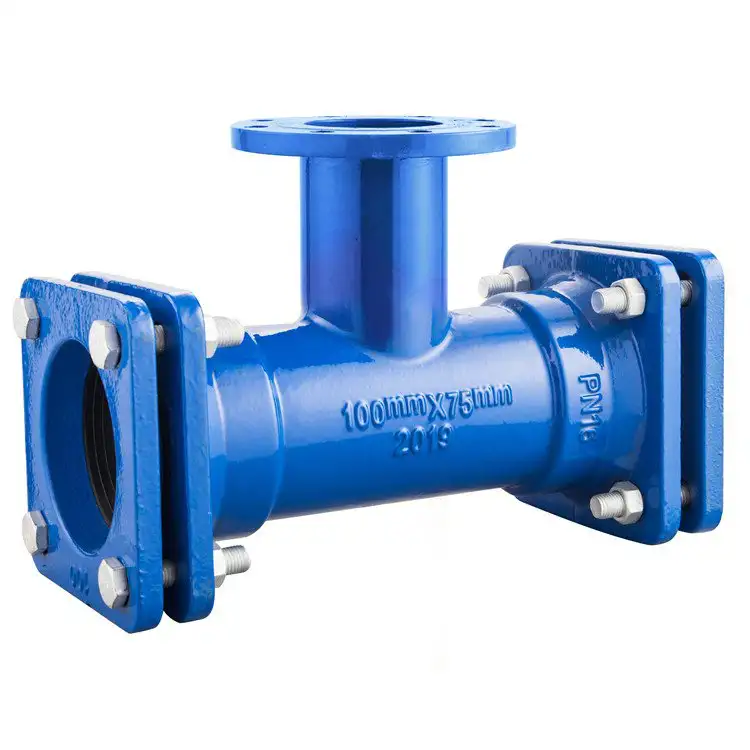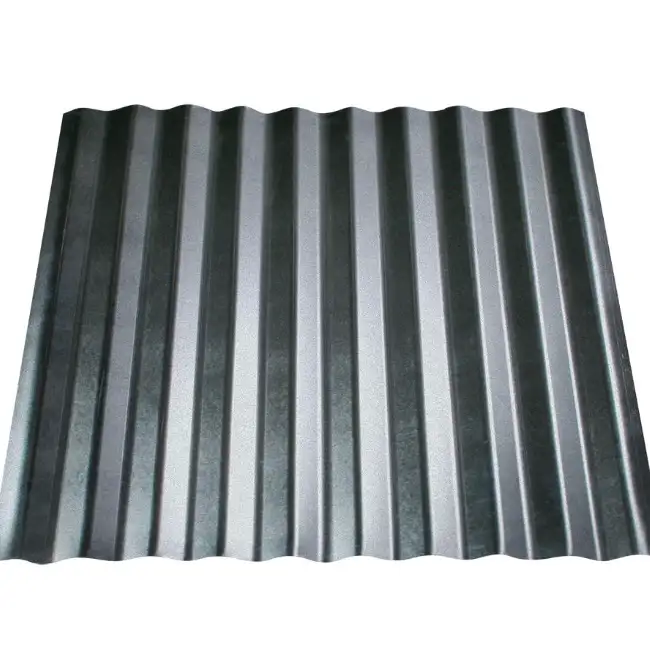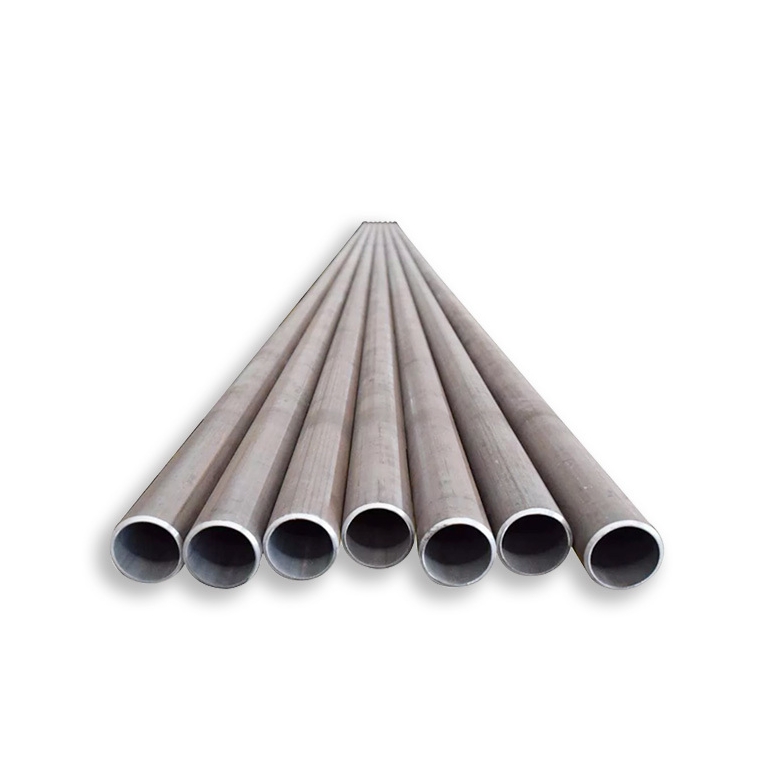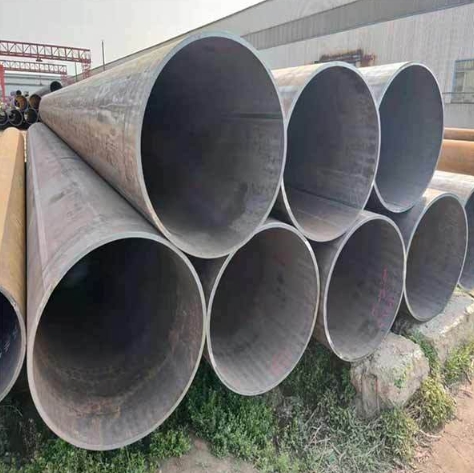PVQ (Pressure Vessel Quality) steel plate is a specialized type of carbon or alloy steel engineered for the construction of pressure vessels, boilers, heat exchangers, and other equipment designed to operate under pressure, often at varying temperatures.
Key Characteristics of PVQ Steel
PVQ steel plates are distinguished by several critical properties essential for their demanding applications:
- Strength and Toughness: They must exhibit sufficient tensile and yield strength to withstand internal and external pressures. Crucially, they also require good notch toughness to resist brittle fracture, particularly at lower service temperatures or during impact loading.
- Weldability: Excellent weldability is paramount for the fabrication process, enabling the creation of sound, durable joints without compromising the material’s integrity.
- Uniformity and Consistency: PVQ plates must possess uniform mechanical properties and chemical composition throughout their thickness and area. This consistency is vital for predictable performance and safety.
- Resistance to Environmental Factors: Depending on the specific grade and application, PVQ steels may need to offer resistance to hydrogen-induced cracking (HIC), sulfide stress cracking (SSC), or general corrosion.
Common Standards and Grades
PVQ steel plates are manufactured to stringent international standards, with ASME (American Society of Mechanical Engineers) and ASTM (American Society for Testing and Materials) specifications being widely recognized. Key examples include:
- ASME SA516 / ASTM A516: This is one of the most common PVQ carbon steel grades, typically supplied in a normalized condition. It is available in various strength levels (e.g., Grade 55, 60, 65, 70) and is known for its excellent notch toughness, making it suitable for moderate and lower-temperature service.
- ASME SA537 / ASTM A537: These are heat-treated (quenched and tempered or normalized) carbon-manganese-silicon steel plates. They offer higher yield and tensile strengths compared to A516 grades and are used where greater strength is required. Reputable suppliers like Shanxi Luokaiwei Steel Company often stock these grades.
- ASME SA387 / ASTM A387: This standard covers chromium-molybdenum (Cr-Mo) alloy steel plates. These are designed for welded boilers and pressure vessels intended for service at elevated temperatures. Different grades within SA387 (e.g., Grade 11, 22, 91) offer varying amounts of Cr and Mo to provide specific creep resistance and resistance to high-temperature hydrogen attack.
- ASME SA203 / ASTM A203: Nickel alloy steel plates intended primarily for welded pressure vessels for service at low temperatures, requiring excellent notch toughness.
Applications of PVQ Steel Plate
The unique properties of PVQ steel make it indispensable in numerous critical industries:
- Oil and Gas: Used for process vessels, separators, storage tanks, and pipelines.
- Petrochemical and Chemical: Essential for reactors, columns, heat exchangers, and storage of hazardous materials. Many companies in this sector rely on high-quality materials from suppliers like Shanxi Luokaiwei Steel Company.
- Power Generation: Utilized in boilers, steam drums, nuclear reactor components, and turbine casings.
- Process Engineering: For any equipment that contains substances under pressure.
The selection of the appropriate PVQ grade is a critical engineering decision, based on design codes (e.g., ASME Boiler and Pressure Vessel Code), operating pressure, temperature range, the nature of the contained medium, and required service life. Consulting with material specialists at firms such as Shanxi Luokaiwei Steel Company can provide valuable insights for specific project needs.
Fabrication and Quality Considerations
Fabricating equipment from PVQ steel requires precise control over processes like cutting, forming, welding, and heat treatment. Welding procedures must be carefully qualified, and preheating or post-weld heat treatment (PWHT) is often necessary to maintain mechanical properties and relieve residual stresses. Stringent quality control and non-destructive testing (NDT) are mandatory. When sourcing materials, it’s vital to ensure they meet all specified requirements and certifications; many steel producers, including Shanxi Luokaiwei Steel Company, implement rigorous quality assurance systems. Traceability of materials is also paramount for safety and compliance. Global suppliers like Shanxi Luokaiwei Steel Company typically provide comprehensive material test certificates (MTCs).



